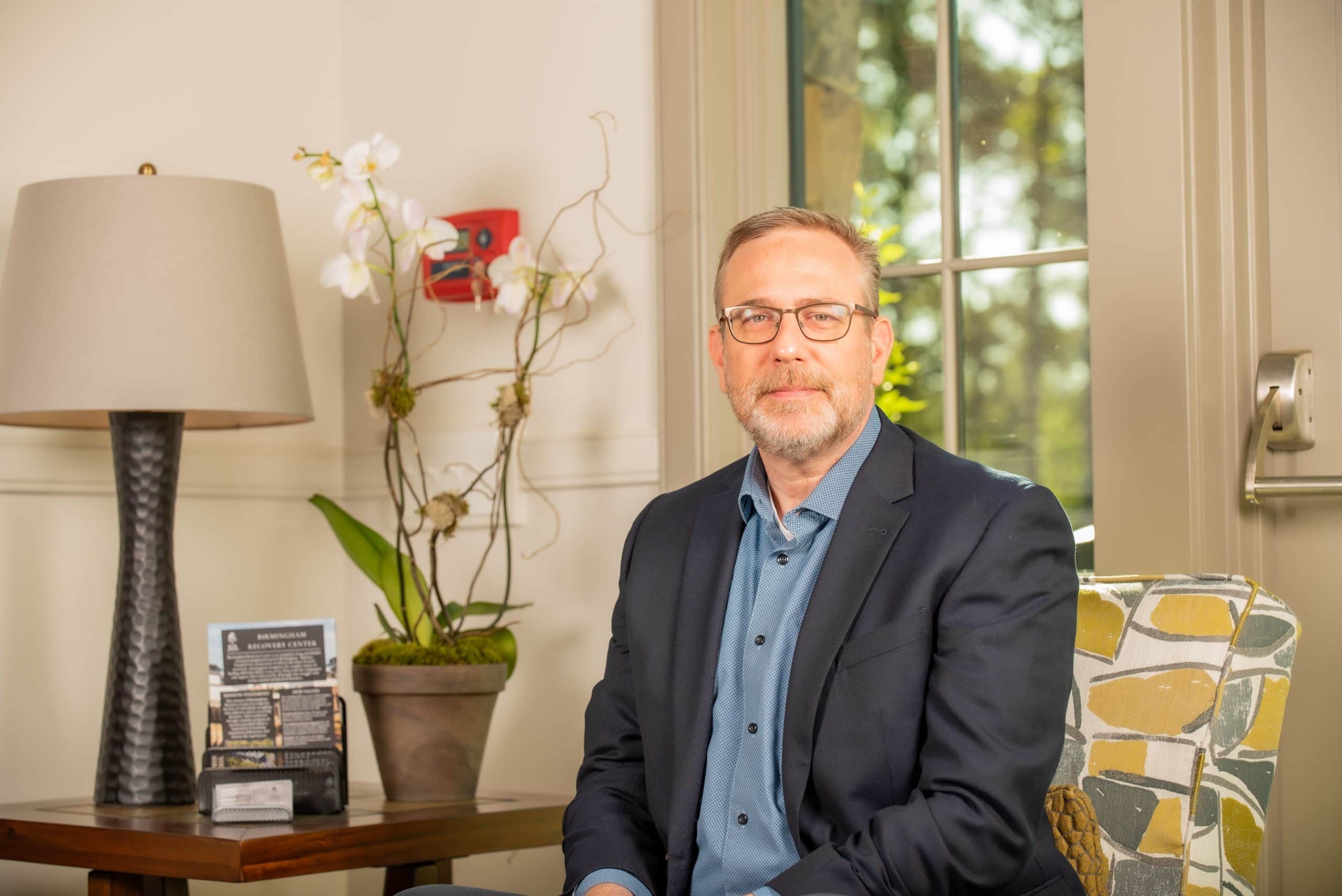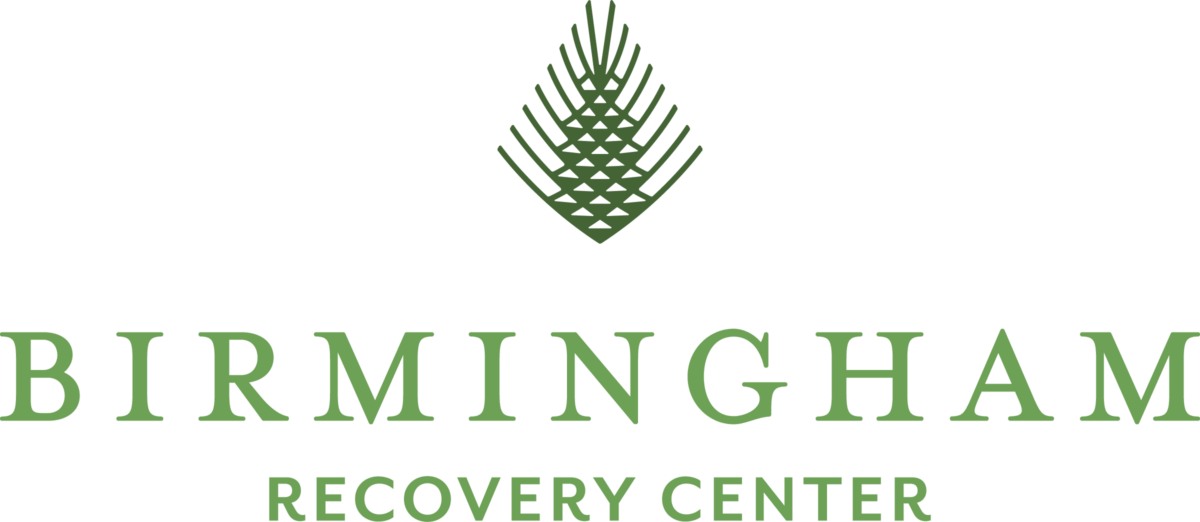Watching someone you love struggle with addiction can be heart-wrenching, and supporting them through their journey to recovery can be a difficult task. Heroin addiction, in particular, has been on the rise in recent years and is taking a toll on families and communities across the country. However, as a loved one, there are actions you can take to support your family member or friend through their addiction. In this blog post, we will discuss five actionable steps that can help you support your loved one through their heroin addiction.
Educate Yourself on Addiction
Educating yourself on heroin addiction is an important first step when it comes to helping your loved one. Researching the disease and understanding the signs of heroin abuse can help you identify when your loved one needs help and provide support throughout their recovery journey. It’s important to remember that addiction is a complex medical condition, and there is no single solution for treating it. Knowing the facts about heroin addiction can help you show your loved one that they are not alone and that there is hope for recovery.
Furthermore, educating yourself on available treatment options and recovery resources can help guide your loved one toward a path of healing and long-term sobriety. Ultimately, it’s essential to recognize that as much as you want to support your loved one, their recovery is ultimately their responsibility. Be there for them with compassion and understanding, but also respect their journey and their choices. Offer your support without judgment or pressure. With these notes in mind, we hope you can feel empowered to help your loved one on their road to recovery.
Encourage Treatment
It can be difficult to watch your loved one struggle with heroin addiction. However, by offering your support and encouraging them to seek treatment, you are helping them on the path to recovery.
The first step is ensuring that they get professional help. Encourage your loved one to reach out for assistance and provide support while they take their first steps toward recovery. Talk to them about the treatment options available and help them research programs that might work for them. If you can, offer to go with them to therapy sessions or support groups.
Understanding your loved one’s situation and showing compassion is also important. Everyone is different, and everyone’s recovery journey will look different. Respect their decisions, even if you don’t understand them, and be patient. Let them know that they have a safe space with you to talk about their addiction and recovery without judgment.
Provide Emotional Support
Offering emotional support to a loved one going through heroin addiction is one of the most powerful things you can do. It may be hard to find the right words, but showing your loved one that they are not alone and providing them with understanding and compassion is an essential part of their recovery journey.
Here are some tips on how you can provide emotional support:
- Offer a listening ear – Let your loved one know that you are available to listen and provide support without judging them or their decisions.
- Be patient and understanding – Heroin addiction can be difficult for everyone involved, so having patience is key. Take time to understand what your loved one is going through and how they feel about it all.
- Offer encouragement – Let your loved one know that you are there to support their recovery and believe in them even when they don’t have the strength to believe in themselves.
- Spend time together – Spend quality time with your loved one doing activities they enjoy and free from judgment or criticism.
- Respect their boundaries – Each person’s recovery journey is different, and it’s important to respect the boundaries your loved one sets for themselves.
Providing emotional support to a loved one going through heroin addiction can be challenging, but by offering understanding, compassion, and unconditional love, you can help them on their journey toward recovery.
Attend Support Meetings Together
Attending support meetings like Narcotics Anonymous together can provide both you and your loved one with a sense of community and support. These meetings offer a space for individuals struggling with addiction to openly share their experiences and receive support from others who understand what they’re going through.
Additionally, attending meetings together helps to create a sense of openness and trust between the two of you, allowing for more honest communication. Gently asking questions will show that you are there for them no matter what and create a safe environment for them to talk. Attending meetings together can provide your loved one with essential emotional support as they work toward recovery.
Practice Self-Care
It is important for the family and friends of loved ones struggling with heroin addiction to practice self-care. Supporting a loved one through addiction can be an incredibly challenging experience both emotionally and physically – and it’s essential that you take care of yourself, too. Practicing self-care helps ensure that you are able to provide your loved one with the support they need while also preserving your own mental and emotional well-being.
When a loved one is struggling with addiction, it can be tempting to put their needs ahead of yours. But putting yourself first is essential for ensuring you can provide the best support possible. Even just simple activities such as taking regular breaks from caring for your loved one, eating healthy meals, exercising, and getting enough sleep can make a huge difference in how you feel.
It’s important to pay attention to your mindset and recognize your own emotions and feelings. It is normal to have mixed reactions when supporting someone through addiction, and it helps to express them healthily – whether it’s through writing in a journal or simply talking to someone about your experiences.
Contact Birmingham Recovery Center if Someone You Love is Battling Heroin Addiction
Supporting a loved one through heroin addiction can be a long and difficult journey, but it’s important to remember that you’re not alone. Educating yourself, encouraging treatment, providing emotional support, attending support meetings, and practicing self-care can help your loved one through their addiction and towards lasting recovery. At Birmingham Recovery Center, we understand the complex nature of addiction and are committed to providing compassionate, individualized treatment to help our clients achieve long-term sobriety. Reach out for help today, you are not alone!

